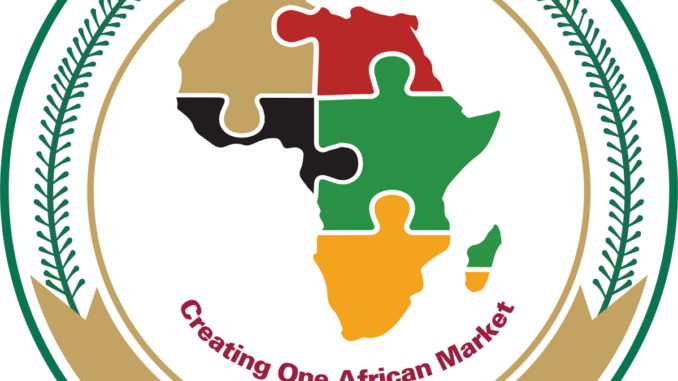
South Africa, Côte d’Ivoire, Egypt, and Nigeria were the top four largest contributors to intra-Africa trade in 2023, according to a new ‘Africa Trade Report 2024’ published by the Africa Export-Import Bank (Afreximbank).
The report titled “Climate Implications of the AfCFTA Implementation” also noted that just three years into the implementation of the African Continental Free Trade Area (AfCFTA) agreement, Nigeria’s share of total intra-African trade dropped to about 4.2 percent in 2023 from 4.4 percent in 2022. In 2023, the value of intra-African trade increased by 3.2%, reaching $192.2 billion, although this was a slowdown compared to the 10.9% growth rate recorded in the previous year. The Afreximbank report identified key products with significant export potential within Africa, including machinery, electricity, motor vehicles and parts, food products, minerals, beauty products, chemicals, plastic and rubber, ferrous metals, pearls and precious stones, and fertilizers.
The AfCFTA implementation, which came into force on 1 January 2021, played a crucial role in boosting intra-African trade last year when three additional countries ratified the agreement, bringing the total to 47. Benin, Liberia, Libya, Madagascar, Somalia, South Sudan, and Sudan are yet to ratify the AfCFTA agreement, while Eritrea remains the only African Union (AU) member state that has not signed the trade deal. In 2023, significant milestones were achieved with respect to the Protocol on Trade in Goods, with 48 tariff concessions submitted by countries, representing 87% of AU membership.
